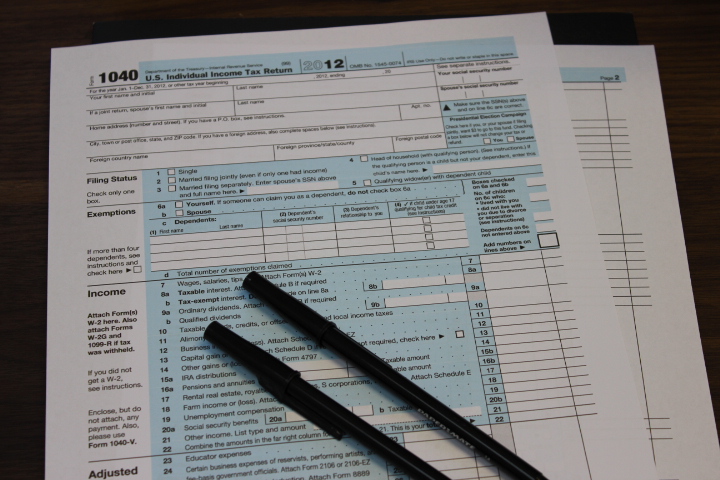Did you make any mistakes on your tax return last year? If you did, do you know how to correct them? On last week, I discussed these topics and more with Alfred Jones, CPA.
For years, Alfred, has been providing quality, personalized guidance to local individuals and businesses. Alfred Jones, CPA’s expertise covers tax management and accounting services.
Here is the interview with Alfred Jones:
Isaac: What are some of the most common mistakes self prepares make on their tax returns?
Alfred: Some of the most common errors that self-preparers make are:
- Math errors: Many self prepares continue to prepare their returns by hand and do not add correctly.
- Failure to sign the return
- Failure to print legible
- Failure put items on the correct line. The IRS computer will process the information that you have put on your return just as you have it. Example: Taxpayer received only retirement income. The retirement income was placed on line 7 where wages (only) should go. The IRS processed the return showing only wage income and no retirement income. The IRS then assessed income tax on the unreported retirement income.
- Failure to attach the appropriate W-2, 1099. Etc. that reflect withholding of income tax
Isaac: If you find a mistake in a previous year’s tax return, what should you do?
Alfred: If a mistake is found in a previous year’s tax return, the taxpayer should file an amended tax return to correct the mistake. Please note that the IRS and the State of NC are both barred from issuing a refund 3 years after the due date (to include extensions) of the original return.
Isaac: That is good information to know. How many years back can you amend a return?
Alfred: Generally, in cases other than fraud, after 3 years, a tax return year is considered out of statute which bars assessment of additional tax by the taxing authorities
Isaac: If you cannot get your tax return done by the April 15 deadline what should you do?
Alfred: A taxpayer unable to complete a return by the April 15 deadline should make a timely request for an extension of time to file. In North Carolina, application must be made to both the Internal Revenue Service and to the State of North Carolina Department of Revenue. The extension is granted automatically. The taxpayer isn’t required to sign the extension request, but it will only be granted if timely filed.
Isaac: Do any special rules apply, if you are in the military and are deployed overseas?
Alfred: Yes, there are rules that apply only to enlisted personnel and other rules that apply to officers. Enlisted personnel and Warrant Officers are not taxed on combat pay. Commissioned officers have a limited exclusion. Military personnel serving in noncombat zones are treated the same as military personnel in the continental United States.
I want to thank Alfred for sharing this information with us. If you need help, preparing this year’s tax return or amending a previous year’s return, contact Alfred Jones at (910) 488-3144.
###
Author
Isaac is a Fee-Only (no products sold) Certified Financial Planner® Practitioner. Isaac founded Stalwart Financial Planning with offices in Fayetteville NC and Durham NC. Isaac provides comprehensive planning and investment management services to individuals from all walks of life. Isaac can be reached by phone at 910-867-8464, or by email (iallen@StalwartPlanning.com). Visit him at Stawart Financial Planning www.StalwartPlanning.com.
